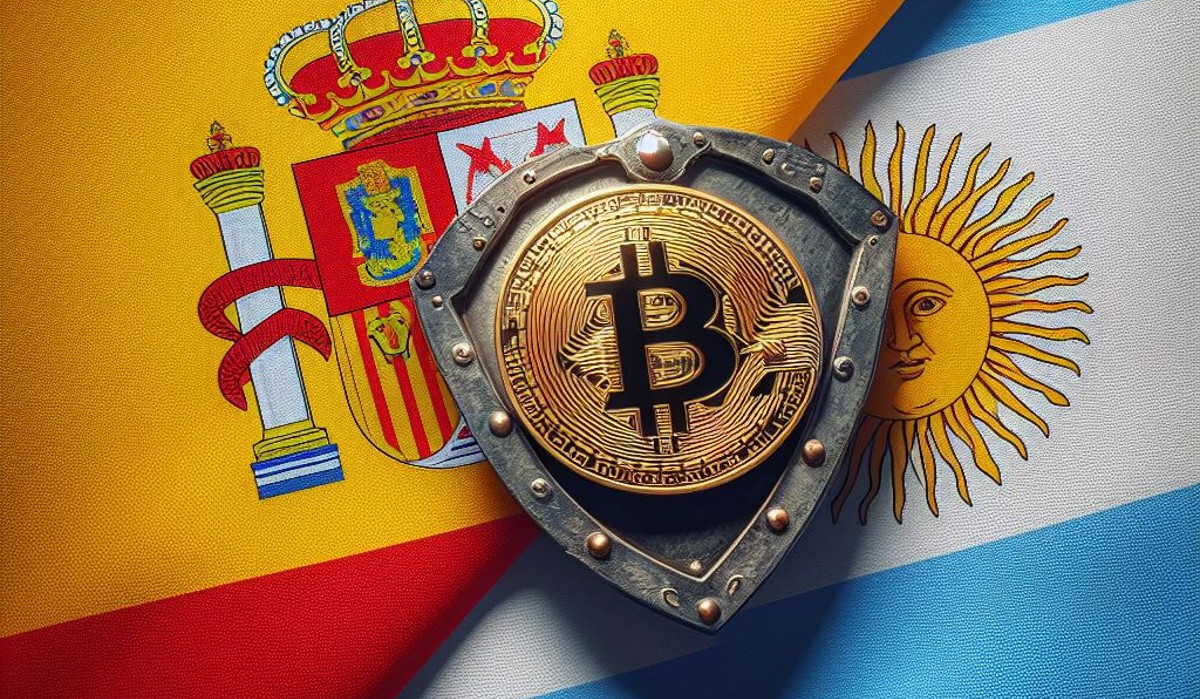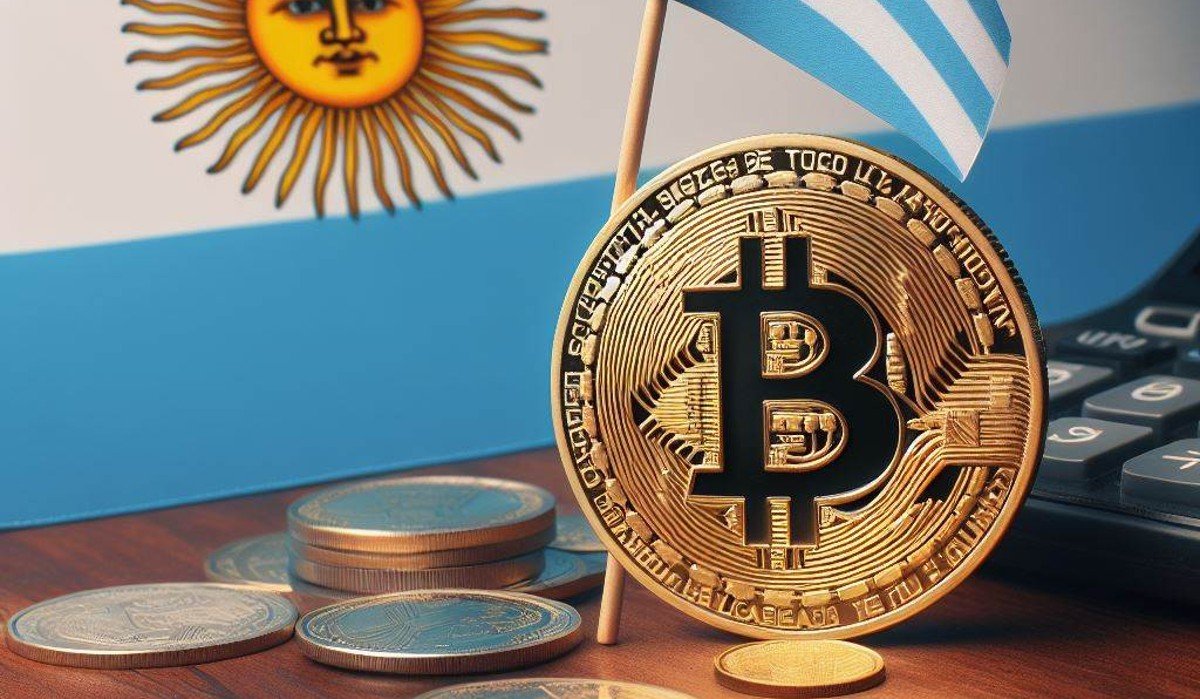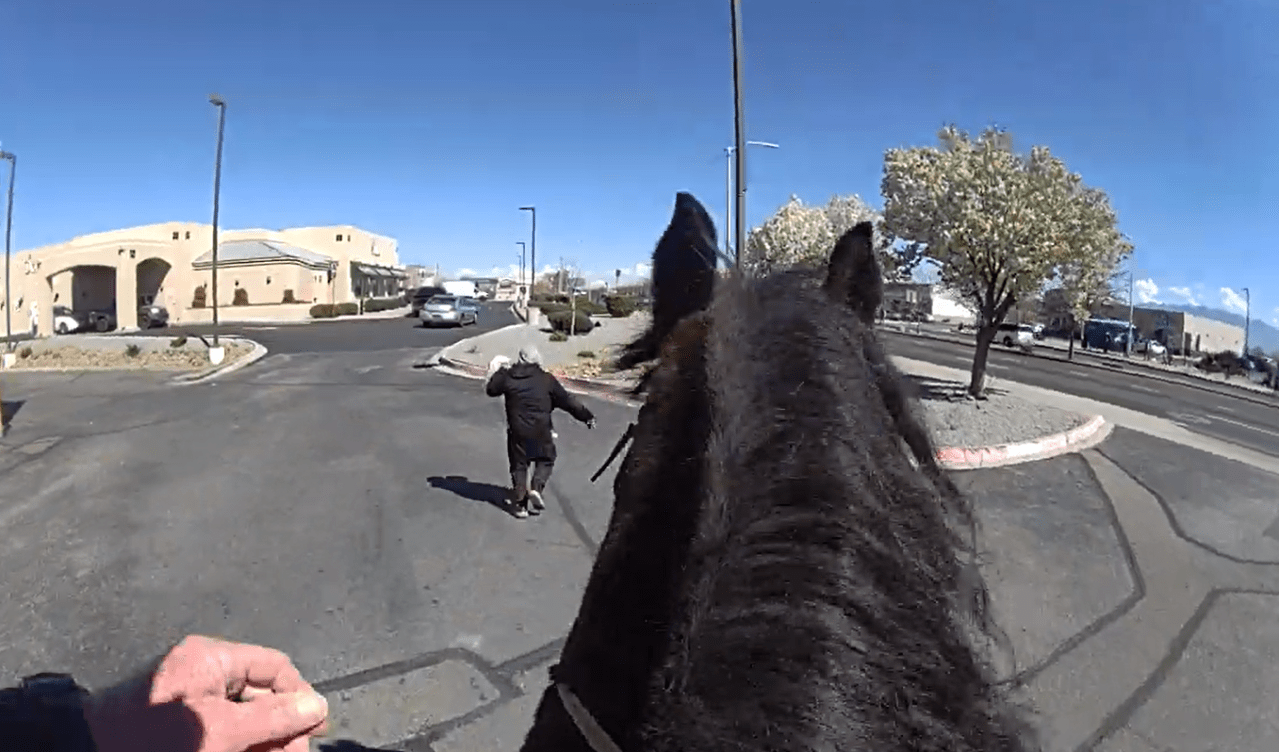The regulation of exchanges and other Bitcoin (BTC) and cryptocurrency platforms in Argentina and Spain is forcing people to think about alternatives to escape government control and surveillance. Self-preservation is one of them.
As reported by CryptoNoticias, the cryptocurrency community in Argentina is digesting regulations that would give the National Securities Commission the power to monitor and regulate exchanges, wallets, gateways, and other service providers for crypto assets operating in that country. Let’s give. ,
The standard establishes the creation of a supplier registry, in which they must register All companies in the cryptoasset sector Which will operate in Argentina in less than 45 days, starting from this week.
According to what is established, those who offer virtual assets for less than 35,000 purchasing value units (UVA) per month or approximately US$32,000 are exempted from registration in the registry.
Although this rule is certainly primarily directed against companies in this sector, Argentinian users are also affectedOne point to consider is that if they choose to use an exchange or wallet based in Argentina they will be more closely monitored by the country’s regulators.
They believe this due to the fact that, as a rule, these companies must be registered with the CNV and ultimately licensed to operate. This, access to the regulator’s requirements, such as transferring information about operations carried out on the platform, And even data from the customers themselves.
Lawyer Ana Ojeda, executive director of the law firm Legal Rocks, assured that Argentinian exchanges and platforms will have to adopt this rule if they want to continue operating. Additionally, these entities will meet “more closely” the sights of Argentina’s CNV.
Given this, many cryptocurrency users wonder what to do? And the answer that comes up is to opt for self-custody of Bitcoin and other cryptocurrencies. This option is used through wallets that place BTC in the hands of users They allow you to bypass the monitoring of the Argentine regulatory body.
Also, having full control over the money, in a way, without the mediation of the platform They will remain under the supervision of the Argentine state.
This is because self-custody involves the action of controlling the private keys of the wallet in which assets are stored. Something that is beyond the reach of exchanges or other platforms that act as intermediaries and, as a result, it is necessary to register with the CNV of Argentina.
In other words, the Argentinian user becomes his own bank in power. Exercise sovereignty over your money, This prevents a company from managing its own assets, which becomes a risk in the event of bankruptcy, intervention or collapse of the platform.
Self-custody flashes as an option in Spain
In Spain, many people are also focused on self-preservation. This is due to regulatory pressure that forces users of Bitcoin and other crypto assets to declare their holdings to the Treasury.
As of the end of this month of March, the Spanish tax agency is receiving Form 721 declarations, which is a format that requires investors to report crypto assets stored with a third party outside Spanish territory. Model 172 is also highlighted, which establishes the informative declaration of balances in virtual currencies within the Spanish territory.
Due to such regulatory pressure, law firms like Fiscal Crypto have reported an increase in the number of Spanish users who have opted for self-custody. In an attempt to avoid established rules For the state.
As Jose Antonio Bravo, a tax economist who specializes in Bitcoin and leader of that advisory firm, told CryptoNoticias, the 721 declaration model is “creating problems” for accounting professionals as well.
By choosing the option of self-custody, Investors avoid informing the Spanish State About their funds deposited on foreign or even national platforms, as they are the ones who maintain control over the funds and not any third party.
However, these balances must be declared as equity to be taxed.
According to Spanish lawyer Cristina Carrascosa, regardless of whether they are cold wallets (without an internet connection) or hot wallets (with a connection), if a person has the private keys to the wallet, those assets are not abroad. And hence they must be declared under Form 714, Which is property tax declaration.
Whatever the case, self-custody of Bitcoin and cryptocurrencies proves to be a way to escape the surveillance and control of governments and systems based on the principle of sovereignty and inviolability that characterizes disruptive ecosystems.















